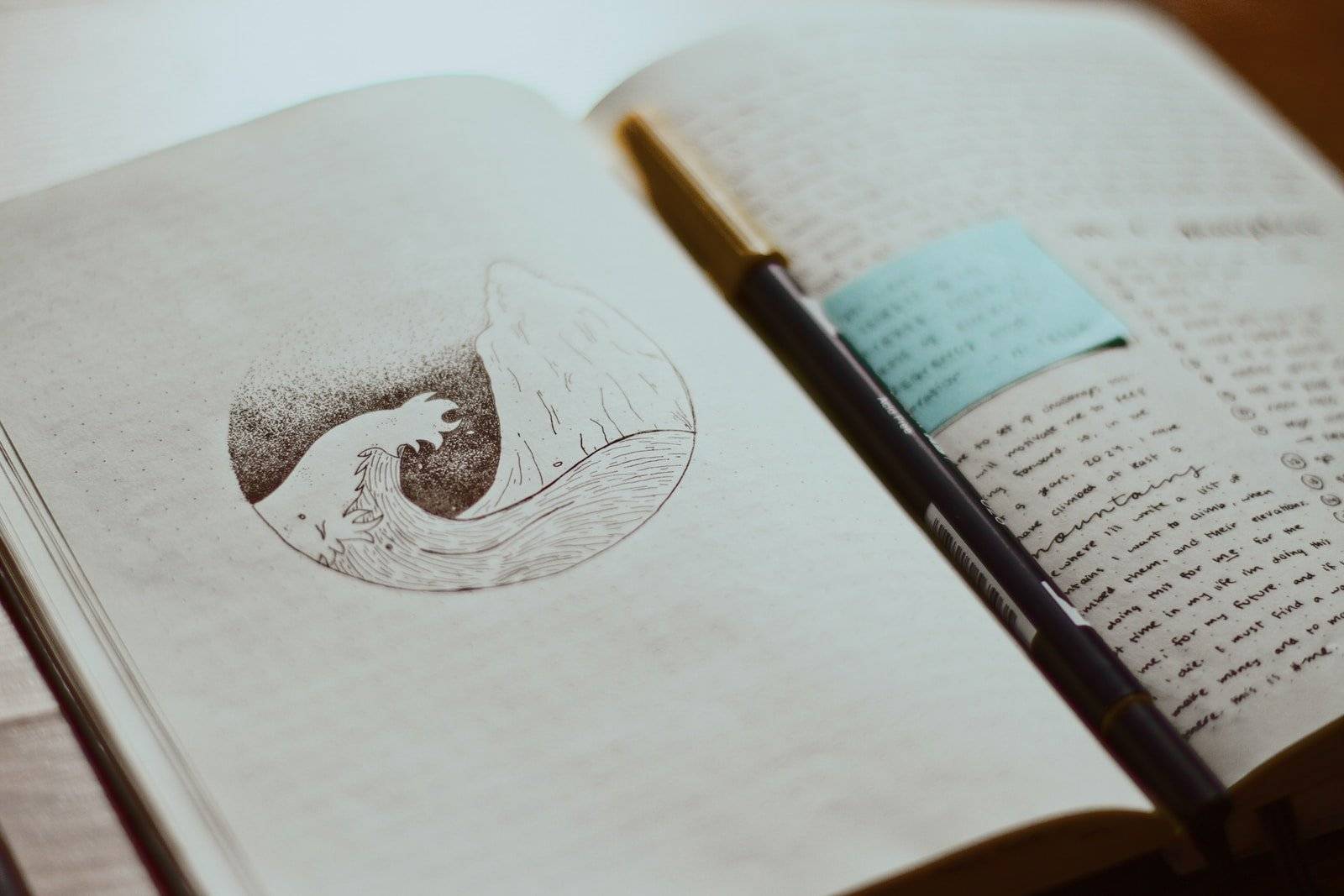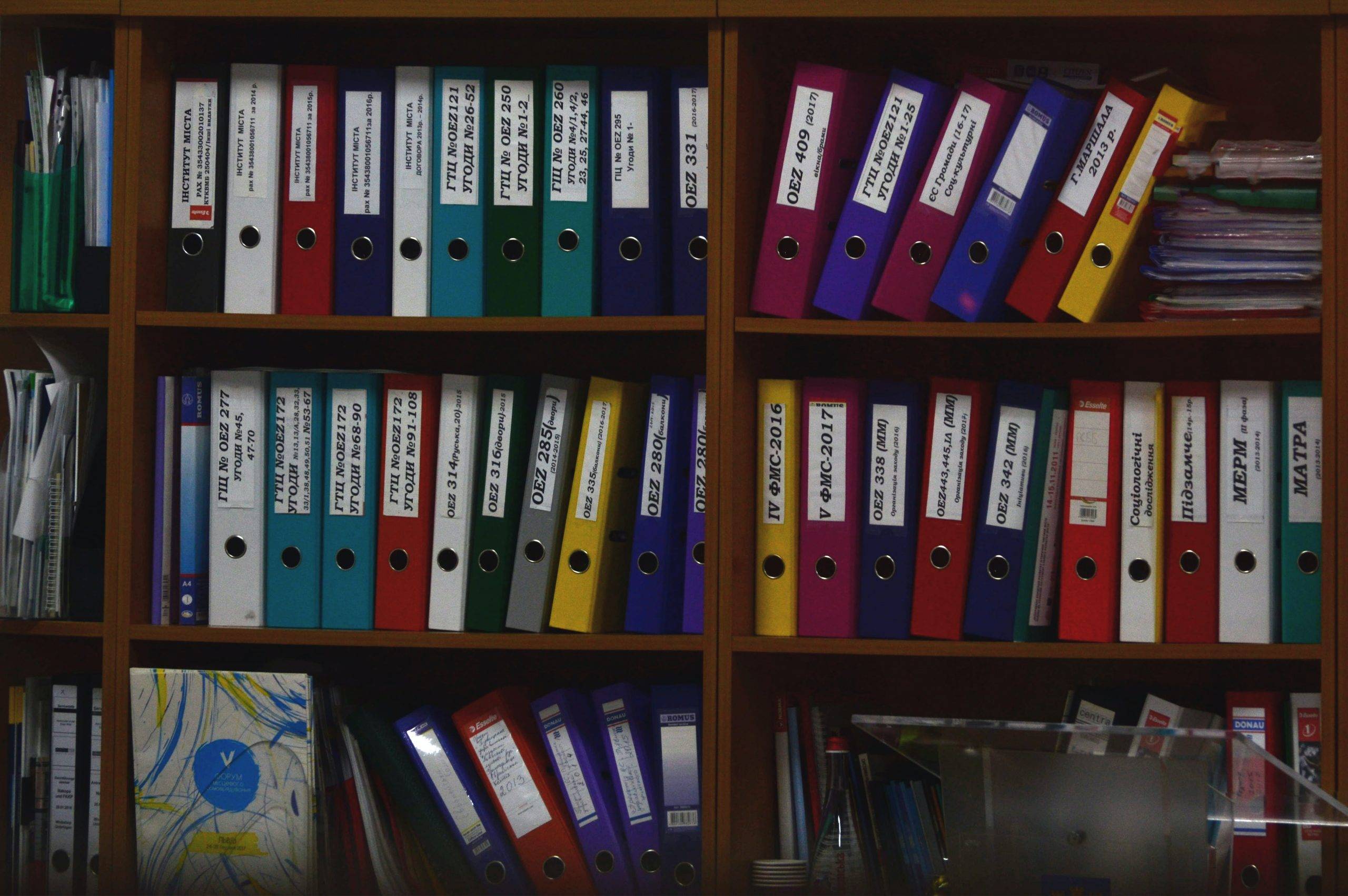Feel like there’s something missing sometimes? Do you feel as though there’s a void that is impossible to fill? Journaling may be the answer to this. When we write, it forces us to think more deeply about our thoughts and feelings. It also helps us gain perspective on ourselves and those around us. And when we reflect upon what happened today, journaling can help with our mental clarity by keeping track of all the events in our lives daily. Let’s examine the benefits of keeping a daily journal-
1. What is journaling, and how does it help you in your life?
Journaling is the act of writing about your thoughts and feelings – it can be done in any form, including on paper or a computer. It helps us gain perspective by thinking more deeply about what we are thinking and how we feel. It also helps with mental clarity because we can keep track of all the events in our lives daily.
In addition, journaling is a form of self-expression and creativity that has been proven to reduce stress levels by releasing tension from your body. Finally, it’s an excellent way to improve your writing skills as well as learn life lessons.
Having journaled for a couple of months now, I can’t express how beneficial it has been to me. It’s like my therapist on paper because they seem to have more clarity and meaning when I write down my thoughts than if I just think them. And the best part is that it’s literally free! The cost of a notebook is all that you need to spend.
2. Why should I start journaling? What are the benefits?
You should start journaling because it has many benefits. This form of self-expression and creativity soothes the soul and can reduce stress levels by releasing tension. Besides improving writing skills, it also enhances mental clarity. It is an excellent way to learn life lessons while improving your confidence in expressing yourself through the written word.
I think the more you write, the better it will be for your mental state. One of my favourite things about journaling is that I can make a list to help me with groceries or what needs to get done around the house in one easy place – and when I look back on these lists later, they are beneficial! It’s like having a personal assistant who is telling me what I need to do.
Journaling also forces you to think more deeply about your thoughts and feelings – which can be challenging at times. You’ll also learn how to see things from other people’s perspectives because when we write in our journals, we’re forced to take a step back and look at the events that happened from a third-person point of view.
Journaling has also proven beneficial for my mental state because it keeps me grounded in reality, which I sometimes struggle with. When we write, there’s no judgment on what comes out and can’t be changed once you’ve written.
3. How to get started with a daily habit of writing in a journal?
There are many ways to get started with a daily habit of writing in a journal. You can start small by committing to just 15 minutes for the first week and slowly increase it as you go on. Alternatively, if you feel more motivated during the day than others, set your alarm clock accordingly or use an online timer so that when time is up, you have to stop.
The best way is to write in the morning when you are fresh and most awake. This way, you’ll be more likely to write more and make a positive habit of it! This is called morning page writing – it’s a widespread technique in the creative arts.
It doesn’t matter how you journal: just write! You might find some days you have more time than others, so don’t force yourself into writing for an hour if you only feel like doing 15 minutes. Journaling should be as easy and fulfilling for you as possible.
4. Steps for finding a notebook or journal that works best for you
There are many tools available online. If you like to type on the computer or prefer to type on your phone, there are apps.
One of the most popular is 750words.com, which offers a free journal to try for one week before you have to pay (though it’s worth it).
There are also several physical notebooks and journals that are available. If you like to colour-code your thoughts, some planners and journals work for people who identify as ADHD or need a notebook with more than one page.
5. Topics to write about – examples and ideas on topics to include.
- Daily events or occurrences in your life (they can be happy, sad, funny).
- A reflection on a book, movie, or TV series you recently watched.
- A reflection on a topic that’s been worrying your mind in the last few days (e.g. relationships, finances).
- A list of your favourite things that make you happy (e.g. a playlist, a movie, a book, a place in nature).
- A list of your least favourite things that make you angry (e.g. how long it takes to get places, the amount of work you have to do).
- A list of your favourite things about yourself (e.g. my hair, my sense of humour, how well I take care of myself).
- A list of things you’re grateful for in your life (e.g. friends, family, a disability).
And there is no limit to adding to the list.
6. Tips when getting started with daily habits of writing in a journal
- Keep your journal in a place that is easily accessible (e.g. next to your bed, inside your bag) so it’s easier to start a habit.
- Start small and make your journaling time short for the first week so you can build up to writing for more extended periods.
- Make sure to break up your writing with some light reading or do something else that takes your mind off what you’re writing.
- Remember that there is no right or wrong way to journal: just write! You might find some days you have more time than others, so don’t force yourself into writing for an hour if you only feel like doing 15 minutes.
- Keep your journal as a private space just for you.
- If you’re a creative person, try using the morning pages technique to get started with writing in your journal every day: write three pages of writing in the morning, no matter what.
Conclusion
If you’re feeling a little lost in the world, we’ve got just the thing to help. Journaling is an activity that can really benefit our lives and mental health by helping us reach more clarity about ourselves and what’s going on around us. Even if it sounds like something only people with plenty of time for themselves do, journaling doesn’t have to take up a lot of your time – you might just want to write down a few sentences before you get out of bed each morning. So do not wait. Just pick up a journal or notebook and get started today.










